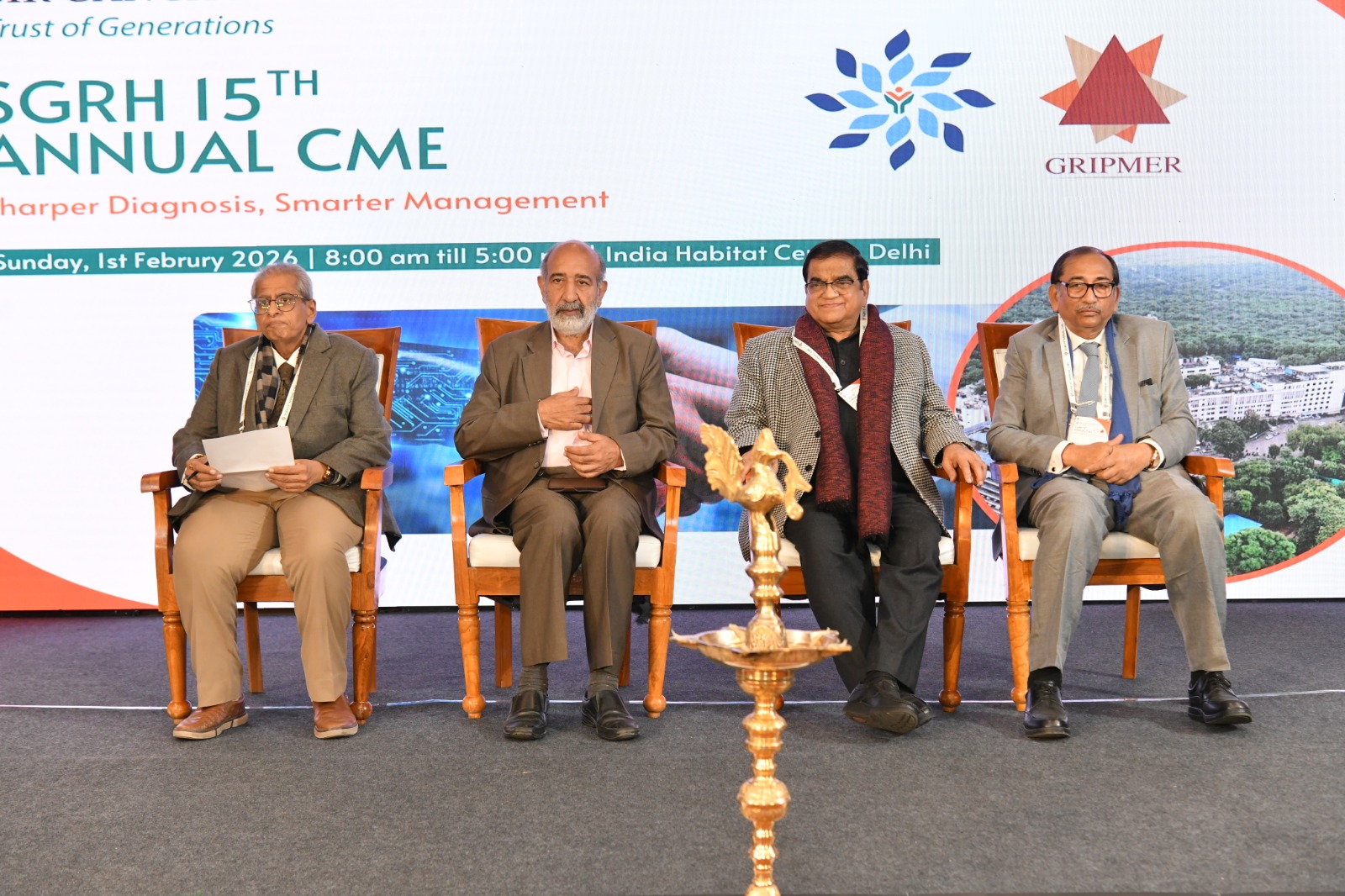CHENNAI: Public hospitals across the country are beginning to feel the heat over shortage of various drugs including antibiotics and painkillers. Until Monday, Delhi, Karnataka, and Andhra Pradesh have sought help from Tamil Nadu Medical Services Corporation for essential drugs such as anti-rabies vaccine.
The state has agreed to give some drugs after ensuring there is adequate stock. “We have exercised caution because we know supply of some drugs may not resume immediately. When it does, there will be huge demand,” said a senior health official. For now, Tamil Nadu will release 50,000 vials of anti-rabies vaccine to Delhi and Andhra Pradesh, but has declined supply to Karnataka.
Doctors at medical college hospitals across Tamil Nadu have been saying that shortage of drugs has forced them to look for substitutes or simply turn away patients. The crisis spiralled out of a combination of reasons including lack of bidders for dozen drugs and inadequate supply of raw material to manufacturers. Some drugs were in warehouses awaiting quality clearance. “Thirty-two drugs were in short supply, but we managed to get at least five of them in the past three days. It will take at least two weeks for normalcy to return,” said an official.
Indian Drug Manufacturing Association chairman (Tamil Nadu, Kerala and Puducherry) Jayaseelan said the country was exporting active drug ingredients from China for manufacture of domestic drugs because the Centre has fixed a cap on prices for certain drugs for sale within India. “We used active drug ingredients made in India for drugs that we exported to the US and other European countries. But now that we don’t get supply from China, manufacturers don’t want to make these drugs,” he said.

In the last two years, the cost of India-made active ingredients for antibiotics such as erythromycin and painkiller such as tramadol has gone up several times. This is partly because Indian companies source raw material and chemicals from China. But several Chinese firms have closed shop because they are unable to adhere to the new stringent environmental rules of the Chinese government. “The Centre fixes the cost of drugs, but it fails to put a cap on the price of raw materials,” said a manufacturer.
Most hospital administrators in the state are working out ways to replenish stock from the public sector and private drug stores using funds from the CM’s health insurance scheme and the dean’s daily allowance. Some hospitals are asking peripheral hospitals and clinics to redirect surplus drugs to bigger hospitals.








